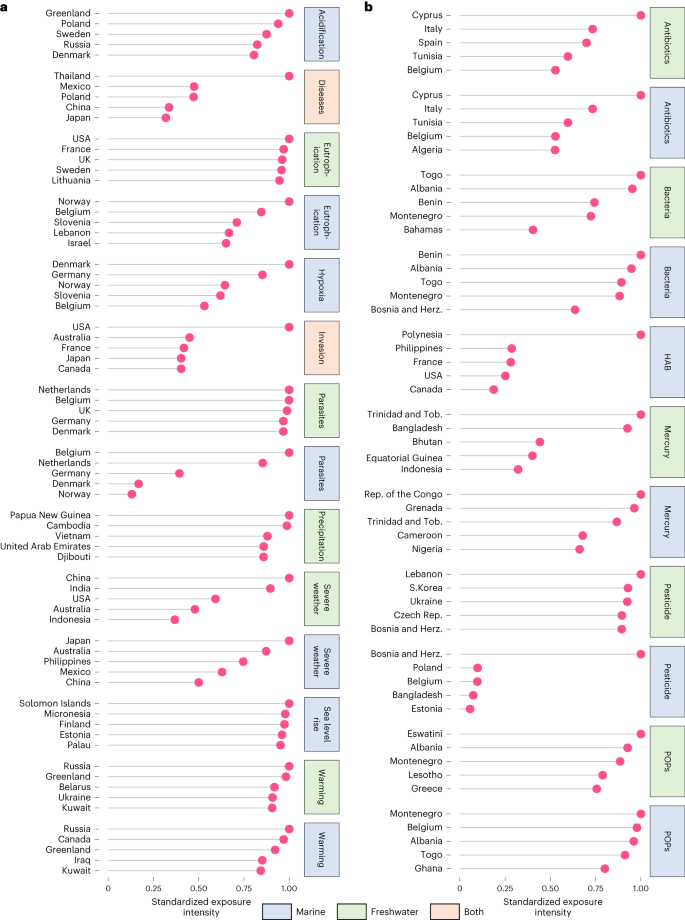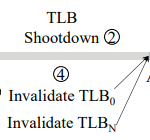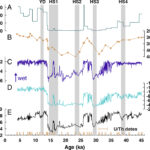2023-06-26 カリフォルニア大学サンタバーバラ校(UCSB)
◆この研究は、90%以上の「ブルー」食品生産が環境変化から大きなリスクに直面していることを示し、アジアやアメリカ合衆国が最も生産に脅威をもたらす国であることも明らかにしました。研究者たちは、世界中のブルー食品の生産に影響を与える環境ストレッサーを初めてグローバルに分析し、国々をストレッサーへの露出に基づいてランク付けしました。
◆報告書は、気候変動だけでなく、藻類ブルーム、海面上昇、気温変化、農薬曝露などがブルー食品生産にとって主な脅威であることを指摘しています。さらに、国境を越えた協力や適応戦略の必要性、高リスク国でのブルー食品生産の多様化、利害関係者の関与の重要性などが強調されています。
<関連情報>
- https://www.news.ucsb.edu/2023/021102/new-research-finds-more-90-global-aquaculture-faces-substantial-risk-environmental
- https://www.nature.com/articles/s41893-023-01156-y
人為的環境変化に対するブルーフードの脆弱性 Vulnerability of blue foods to human-induced environmental change
Ling Cao,Benjamin S. Halpern,Max Troell,Rebecca Short,Cong Zeng,Ziyu Jiang,Yue Liu,Chengxuan Zou,Chunyu Liu,Shurong Liu,Xiangwei Liu,William W. L. Cheung,Richard S. Cottrell,Fabrice DeClerck,Stefan Gelcich,Jessica A. Gephart,Dakoury Godo-Solo,Jessie Ihilani Kaull,Fiorenza Micheli,Rosamond L. Naylor,Hanna J. Payne,Elizabeth R. Selig,U. Rashid Sumaila & Michelle Tigchelaar
Nature Sustainability Published:26 June 2023
DOI:https://doi.org/10.1038/s41893-023-01156-y

Abstract
Global aquatic or ‘blue’ foods, essential to over 3.2 billion people, face challenges of maintaining supply in a changing environment while adhering to safety and sustainability standards. Despite the growing concerns over their environmental impacts, limited attention has been paid to how blue food production is influenced by anthropogenic environmental changes. Here we assess the vulnerability of global blue food systems to predominant environmental disturbances and predict the spatial impacts. Over 90% of global blue food production faces substantial risks from environmental change, with the major producers in Asia and the United States facing the greatest threats. Capture fisheries generally demonstrate higher vulnerability than aquaculture in marine environments, while the opposite is true in freshwater environments. While threats to production quantity are widespread across marine and inland systems, food safety risks are concentrated within a few countries. Identifying and supporting mitigation and adaptation measures in response to environmental stressors is particularly important in developing countries in Asia, Latin America and Africa where risks are high and national response capacities are low. These findings lay groundwork for future work to map environmental threats and opportunities, aiding strategic planning and policy development for resilient and sustainable blue food production under changing conditions.



